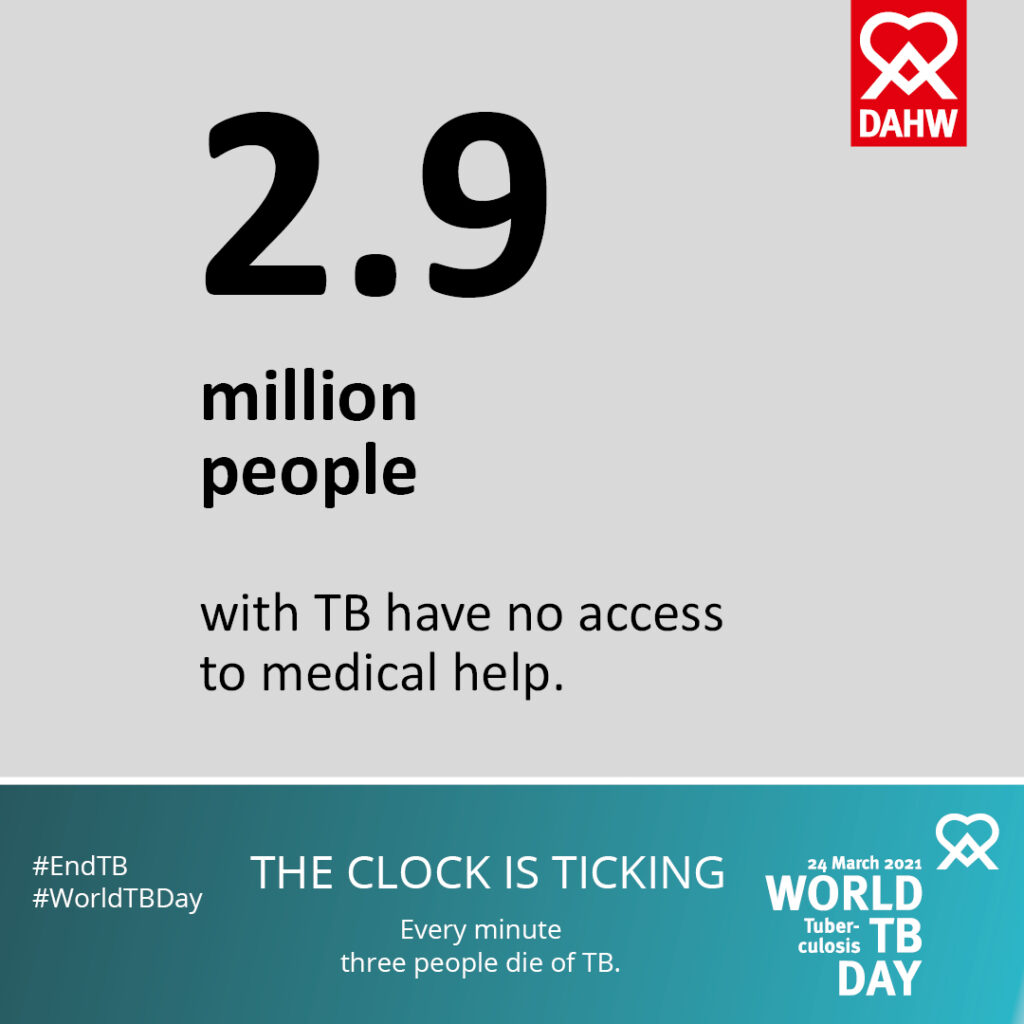World Tuberculosis Day!
The recent data from Stop TB Partnership shows that countries with the most Tuberculosis (TB) cases – representing 60% of the global TB burden – saw a drastic decline in diagnosis and treatment of TB infections in 2020 ranging from 16%-41% (with an average of 23%). This drop brought the overall number of people diagnosed and treated for TB in those countries to 2008 levels, a setback of 12 years.
When the world was forced to shut down at the beginning of 2020 due to the Covid-19 pandemic, so many questions were unanswered at the time. The very critical questions as it relates to TB are what happens to active case finding, treatment, and management of TB cases. Case finding has been a major challenge with TB for both adults and children in Nigeria. According to the World Health Organization, Nigeria is among the ten countries that account for 64% of the global gap in TB case finding. In 2017, only 104,904 TB cases were notified out of an estimated 407,000 expected TB cases. This indicates a treatment coverage of just 25.8% with nearly three-quarter of expected TB cases in Nigeria missing and unaccounted for.

Giving this background, we can understand the huge implications of the 2020 lockdown. The projections are quite scary but the reality is even worse. It is estimated that global TB incidence and deaths in 2021 would increase to levels last seen between 2013 and 2016, implying a setback of at least 5 to 8 years in the fight against TB due to the Covid-19 pandemic.
However, the lockdown was not just a negative compass, it offered us new and productive strategies to reignite our activities and rebuild our approach. The COVID era is gradually fading away, we believe this post COVID era presents a better opportunity to call for global investment in TB outreach and treatment. We must also recognize the urgency in reaching the unreached who bear the heavy burden of these infections and hasten our response to cover the gaps.
The clock is ticking, let’s Stop-TB.